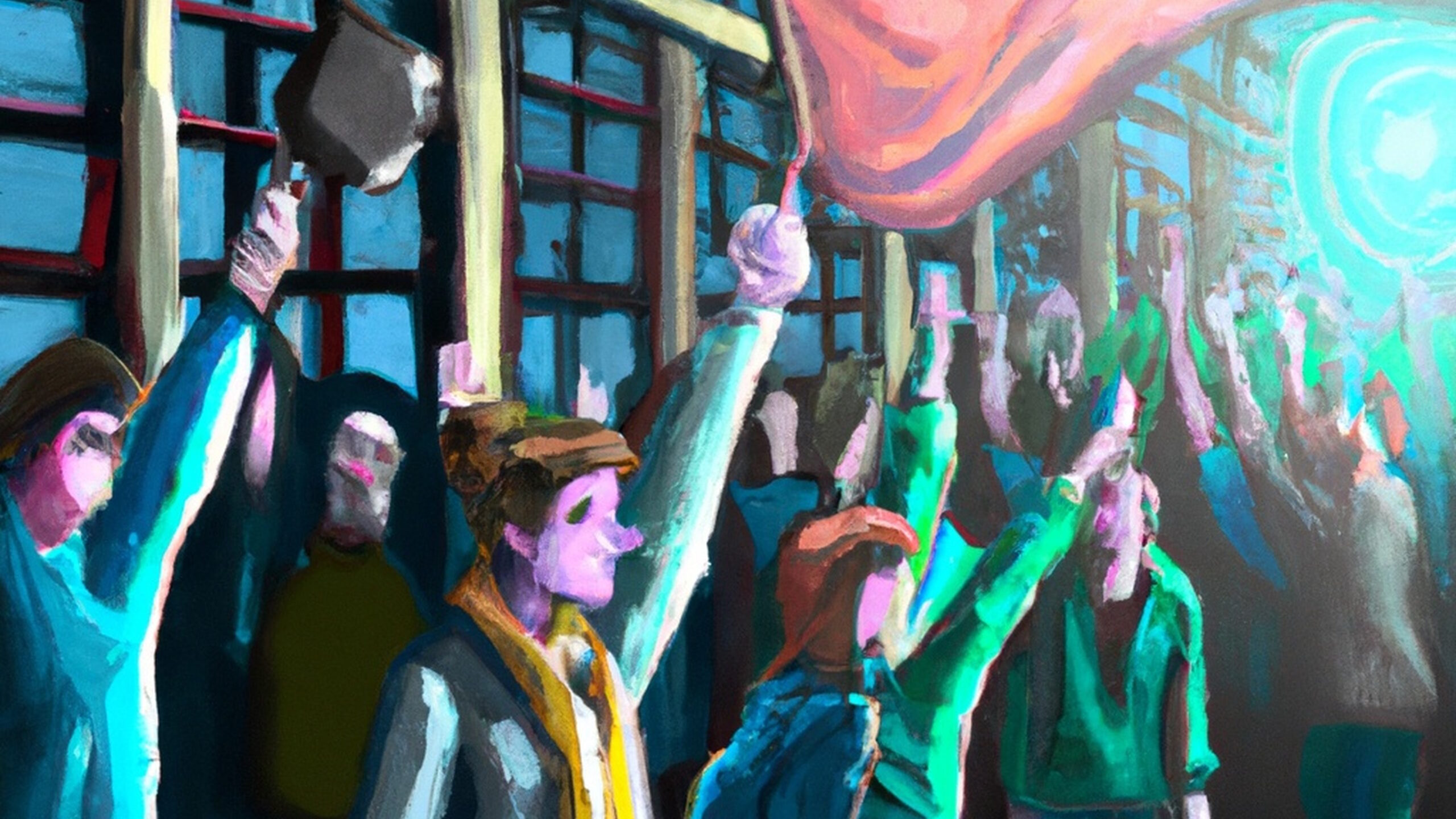When I was on our little bus trip around Belgium a few weeks ago, a student officer was pressing me on how industrial action in higher education works.
We were in full agreement that staff should be paid more, that the long run real-terms cuts to pay and pensions were scandalous, and that the university (and wider public) sector that was starting to unfurl on our visits was a reminder of how easy it is to not notice when decline is slow but relentless.
When he asked that question about how strikes work, at first I thought that he meant the nuts and bolts – the ballots, the thresholds, the picketing laws and so on – but as I was mid-flow, he was keen to stop me to reframe his question.
No, he said. Why would they result in better pay and conditions?
It turned out to be an excellent way to while away a journey.


